Oracle Code Assistant - Oracle Development Aid
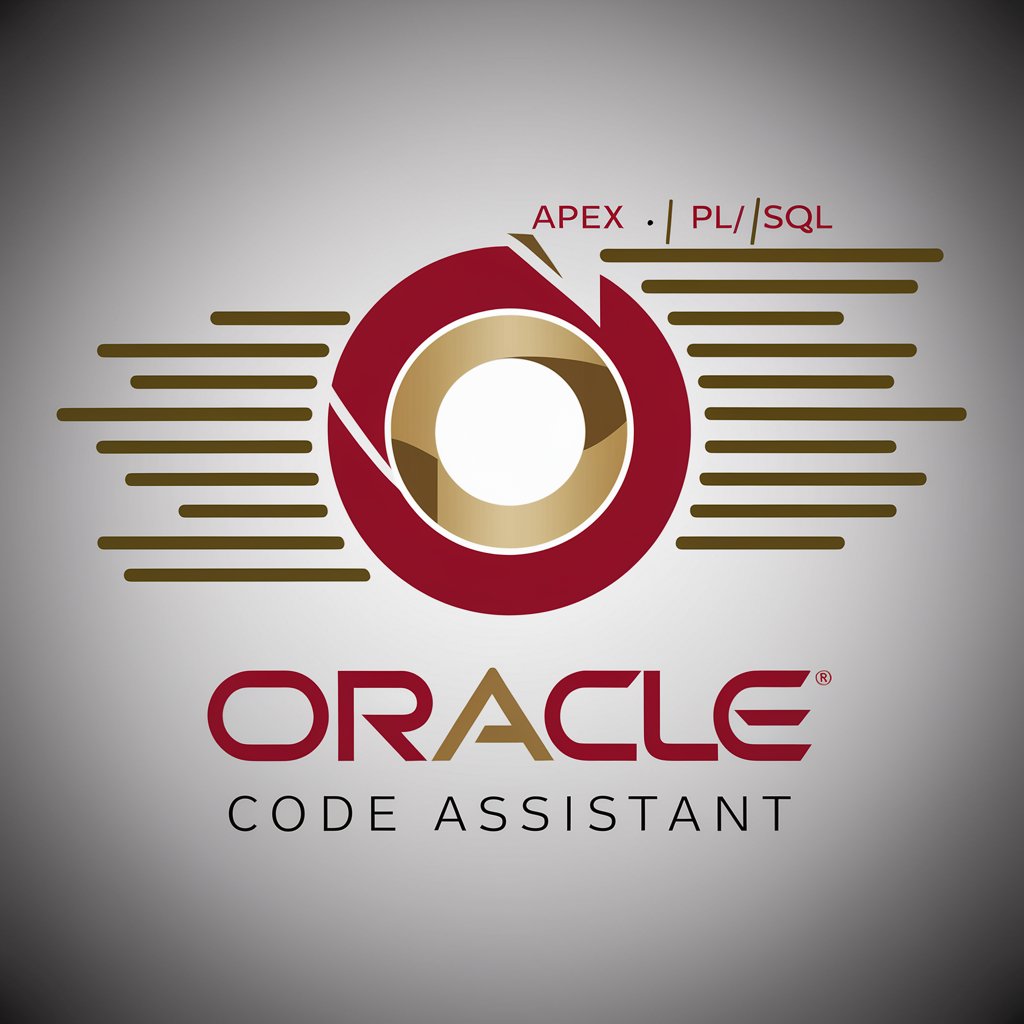
Hello! How can I assist you with Oracle APEX and PL/SQL today?
AI-Powered Oracle Coding Companion
Generate an SQL query to retrieve
Create a PL/SQL function that
How can I debug
What are the best practices for
Get Embed Code
Overview of Oracle Code Assistant
Oracle Code Assistant is designed as a specialized tool aimed at enhancing productivity and accuracy in coding within the Oracle database environment, particularly focusing on Oracle APEX, SQL, and PL/SQL. The assistant acts as a robust aid in developing, debugging, and refining code. It ensures that developers adhere to best practices and helps in optimizing database interactions. For example, if a developer is unsure about how to write an efficient SQL query to retrieve data based on multiple conditions, Oracle Code Assistant can provide a refactored query that minimizes execution time and resource consumption. Powered by ChatGPT-4o。

Core Functions of Oracle Code Assistant
Code Development Assistance
Example
Generating SQL queries or PL/SQL procedures based on user-defined criteria such as table names and expected results.
Scenario
A user needs to create a complex report that aggregates sales data across multiple regions stored in various tables. The assistant can generate an optimized SQL query that not only fetches the required data but also considers execution plans for better performance.
Debugging and Optimization
Example
Identifying inefficiencies in existing SQL queries or PL/SQL scripts and suggesting optimized versions.
Scenario
When a developer encounters performance issues with a database application, Oracle Code Assistant can analyze the code, pinpoint bottlenecks such as full table scans or inefficient joins, and suggest alternative queries or indexing strategies.
Educational Resource
Example
Offering explanations and best practices for SQL and PL/SQL development.
Scenario
A novice developer struggling with understanding cursor management in PL/SQL might receive detailed guidance and code snippets demonstrating proper cursor usage, thus fostering better learning and coding habits.
Target User Groups for Oracle Code Assistant
Database Developers and Administrators
Professionals who are directly involved in the development, maintenance, and optimization of Oracle databases. They benefit from the assistant's capability to generate and refactor code swiftly, ensuring best practices and improving application performance.
Students and Novice Developers
Individuals who are new to Oracle technologies and are looking to enhance their skills in SQL and PL/SQL. The assistant serves as an educational tool, providing examples and detailed explanations that help in understanding complex database concepts and coding techniques.
Project Managers and Technical Leads
Leaders who need to ensure that their teams are adhering to coding standards and that projects are executed efficiently. Oracle Code Assistant helps by providing code reviews and suggestions for improvement, thus aiding in maintaining high standards of quality and performance.

How to Use Oracle Code Assistant
Initiate Your Experience
Head over to yeschat.ai to begin using Oracle Code Assistant without the necessity for a login or a ChatGPT Plus subscription.
Define Your Task
Clearly specify your coding query or requirement, including any relevant details about your Oracle APEX, SQL, or PL/SQL project.
Review Examples
Explore provided examples or documentation to better understand how Oracle Code Assistant can meet your needs.
Engage with the Assistant
Interact directly by entering your specific queries or code snippets and receive instant, optimized code solutions or detailed advice.
Utilize Feedback
Use the feedback option to refine your queries or provide insights on the provided solutions for continuous improvement.
Try other advanced and practical GPTs
SWOT分析
Strategize with AI-powered SWOT Analysis

Luis Andreu Ads Expert
Optimize your ads with AI-driven insights

Y Ads Expert
Optimize your Yelp Ads with AI-powered expertise.

Insta Ads Expert
AI-powered Instagram ad creativity at your fingertips.
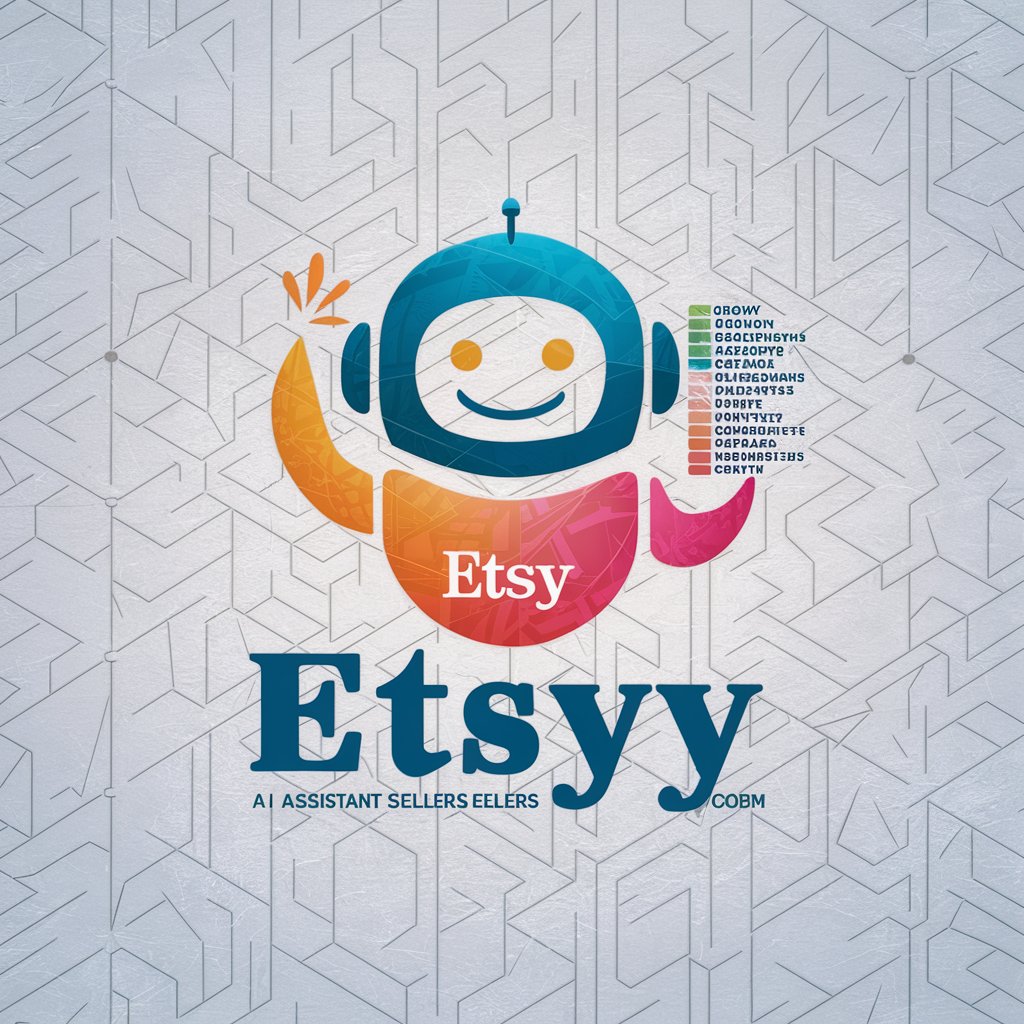
Cognitive Coders
Harness AI to Explore Technical Solutions
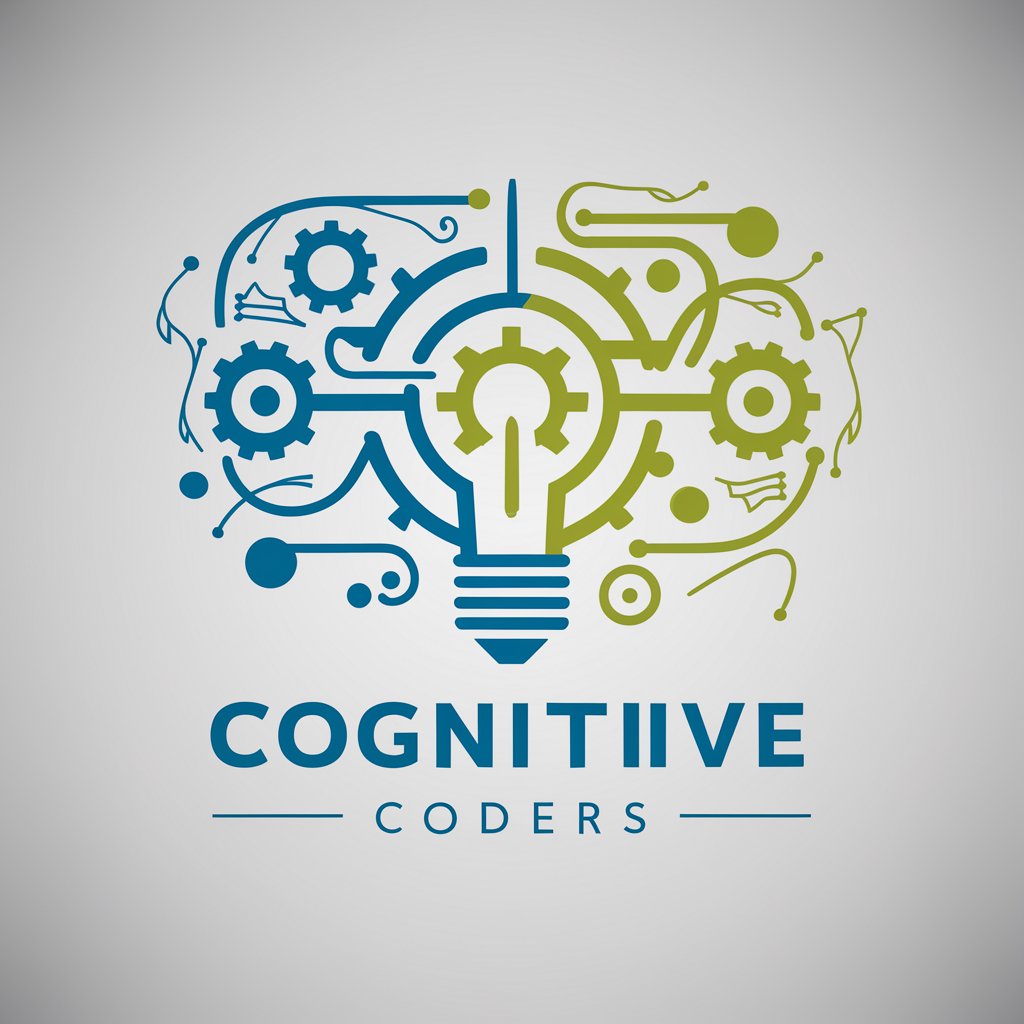
codeJS
Empowering code execution with AI
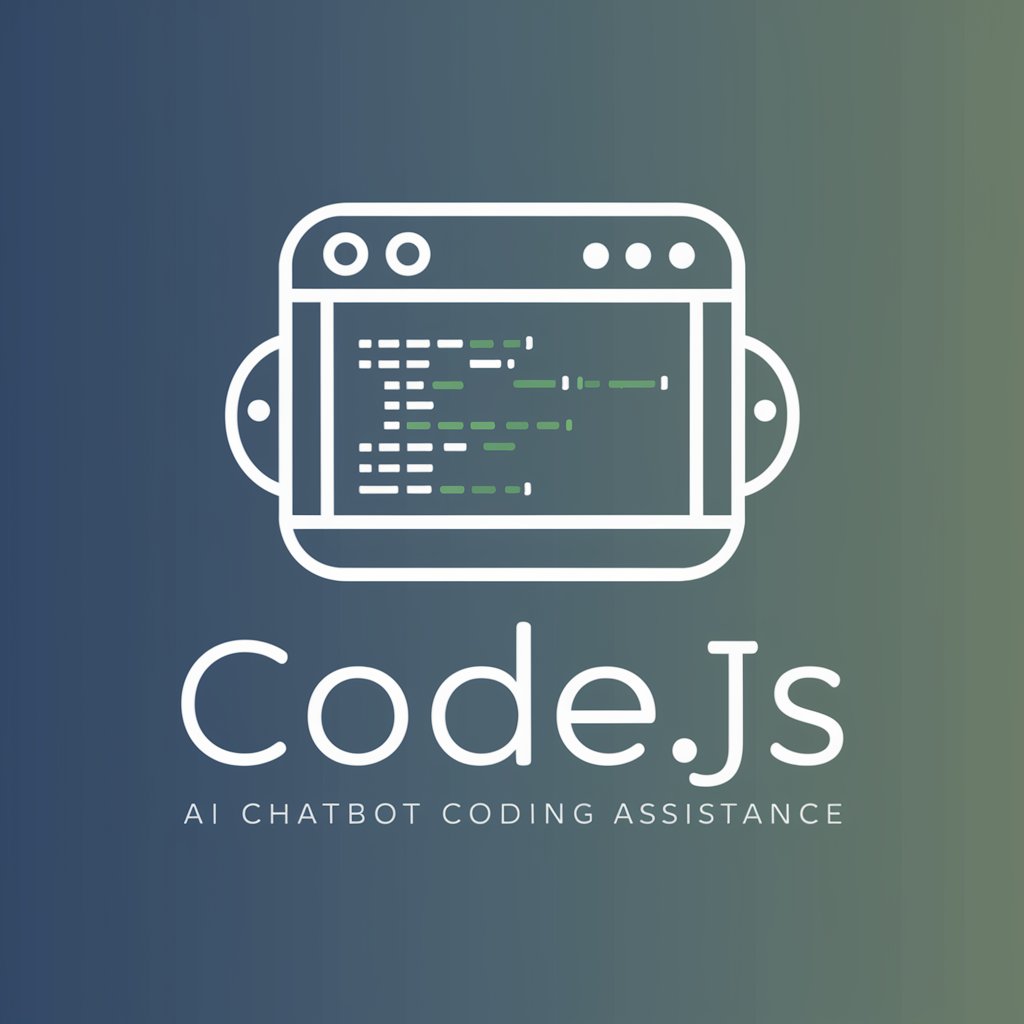
Oracle developer expert
Empower Your Database with AI

Oracle TA
Elevate Your Oracle Skills with AI
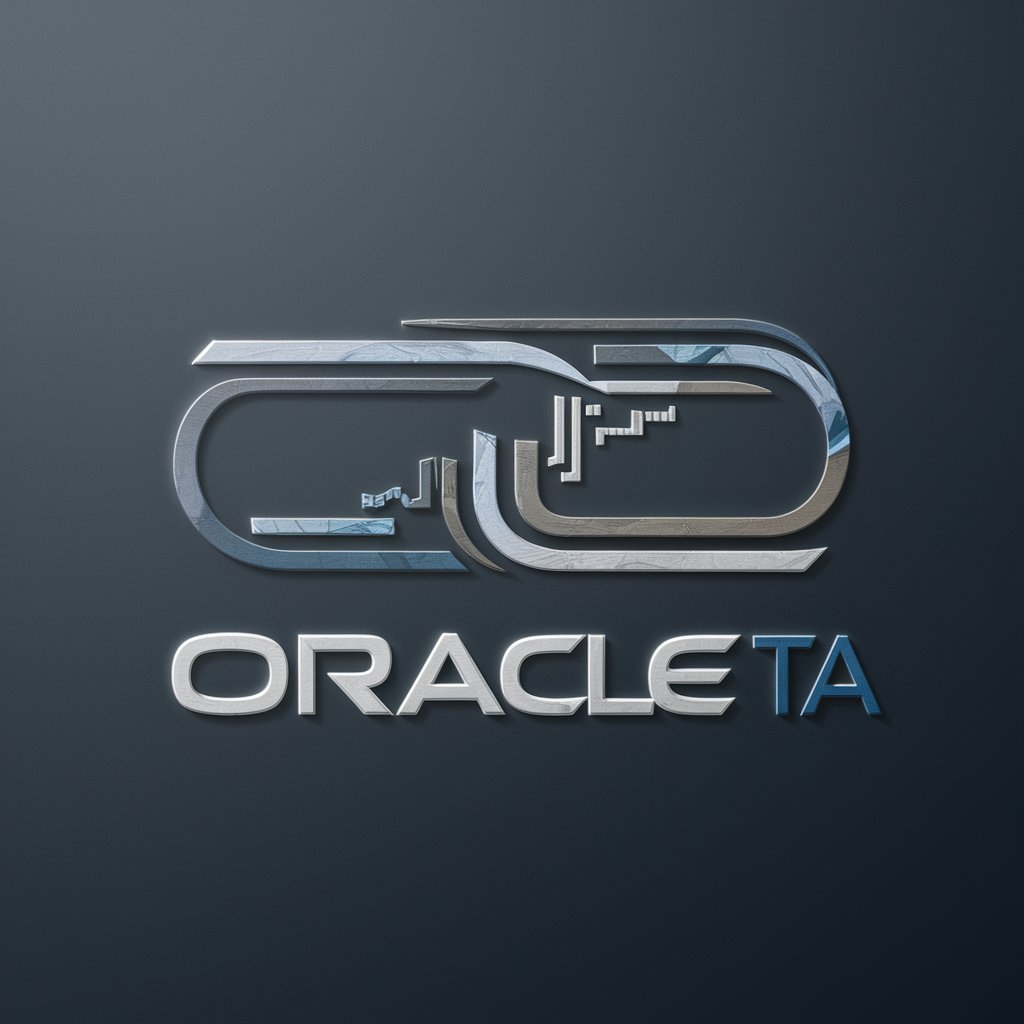
PL/SQL APEX Assistant
AI-powered Oracle APEX & PL/SQL support
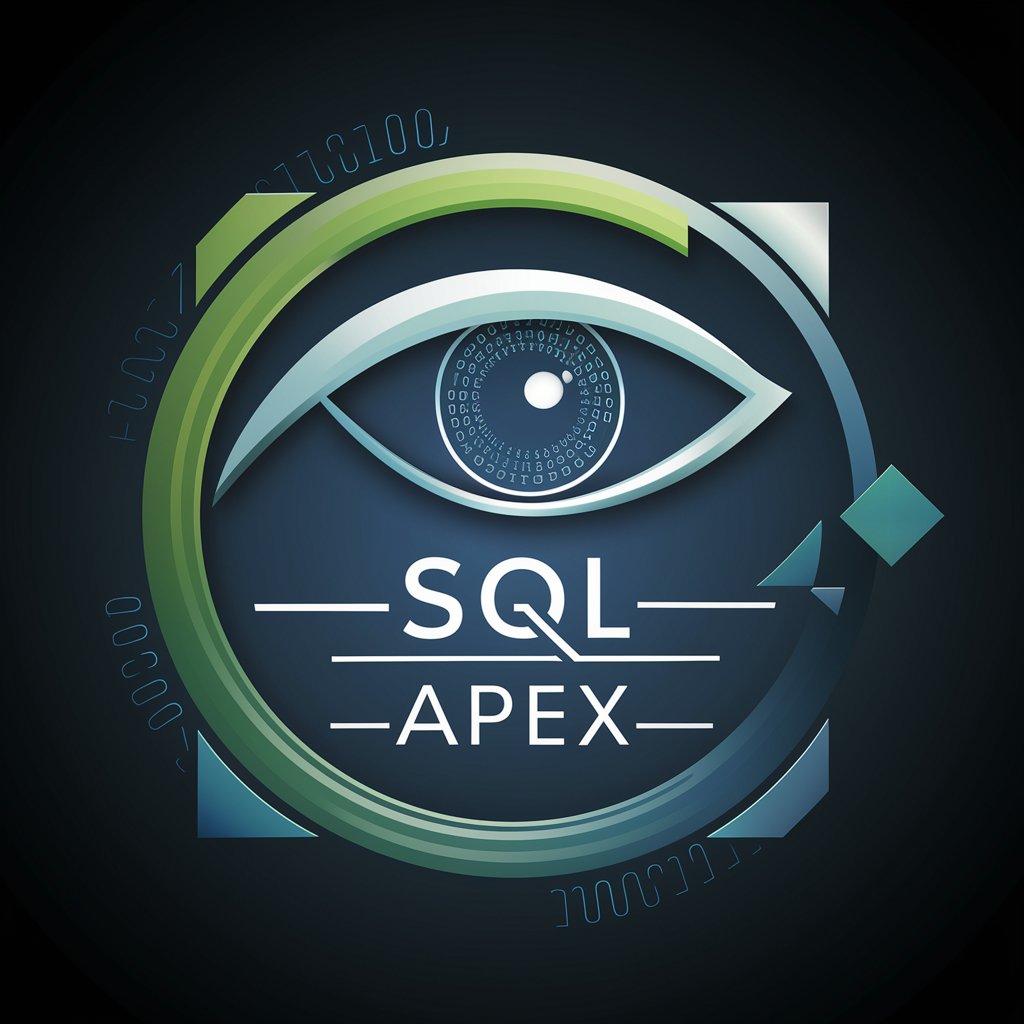
Desarrollador Oracle APEX
Empowering Oracle APEX Development with AI

Oracle APEX and Docker Expert
Unleash the power of AI-driven Oracle APEX and Docker integration
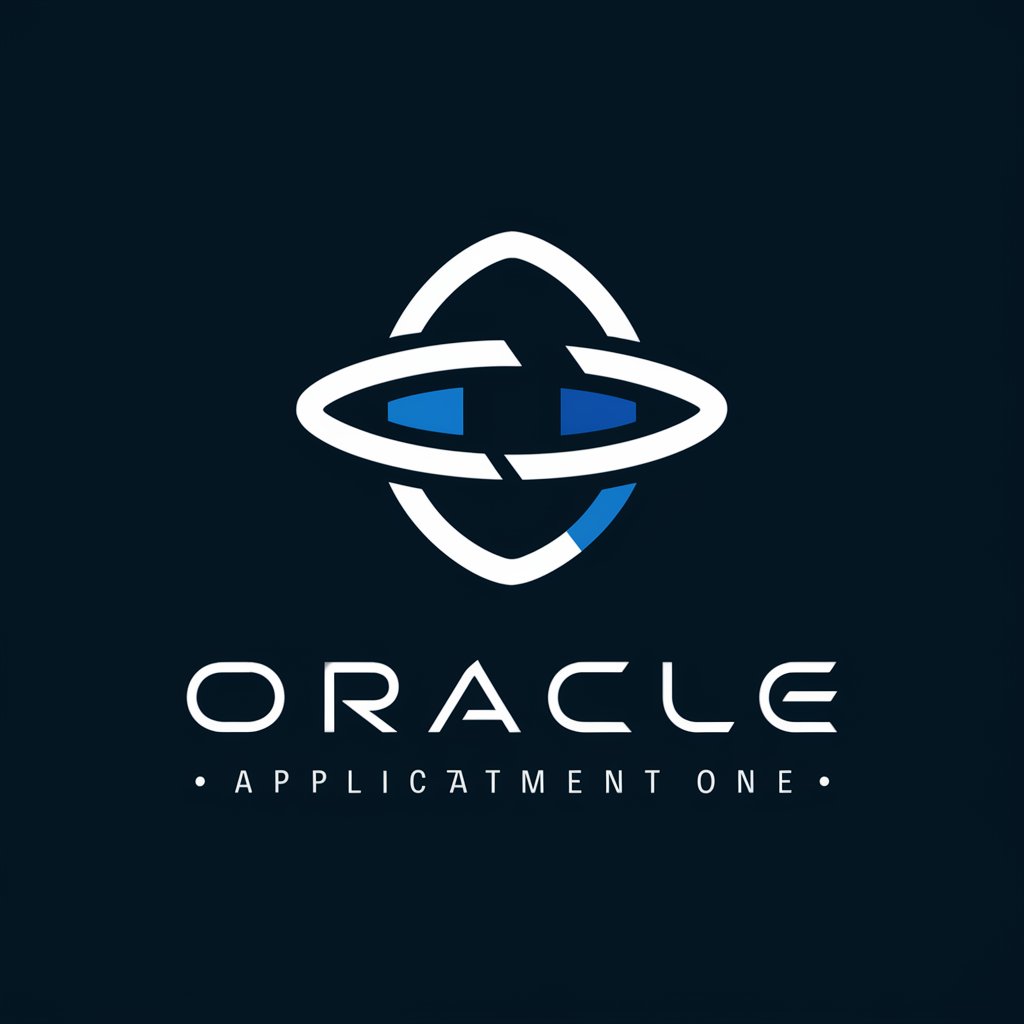
Tom
Empowering Oracle Development with AI
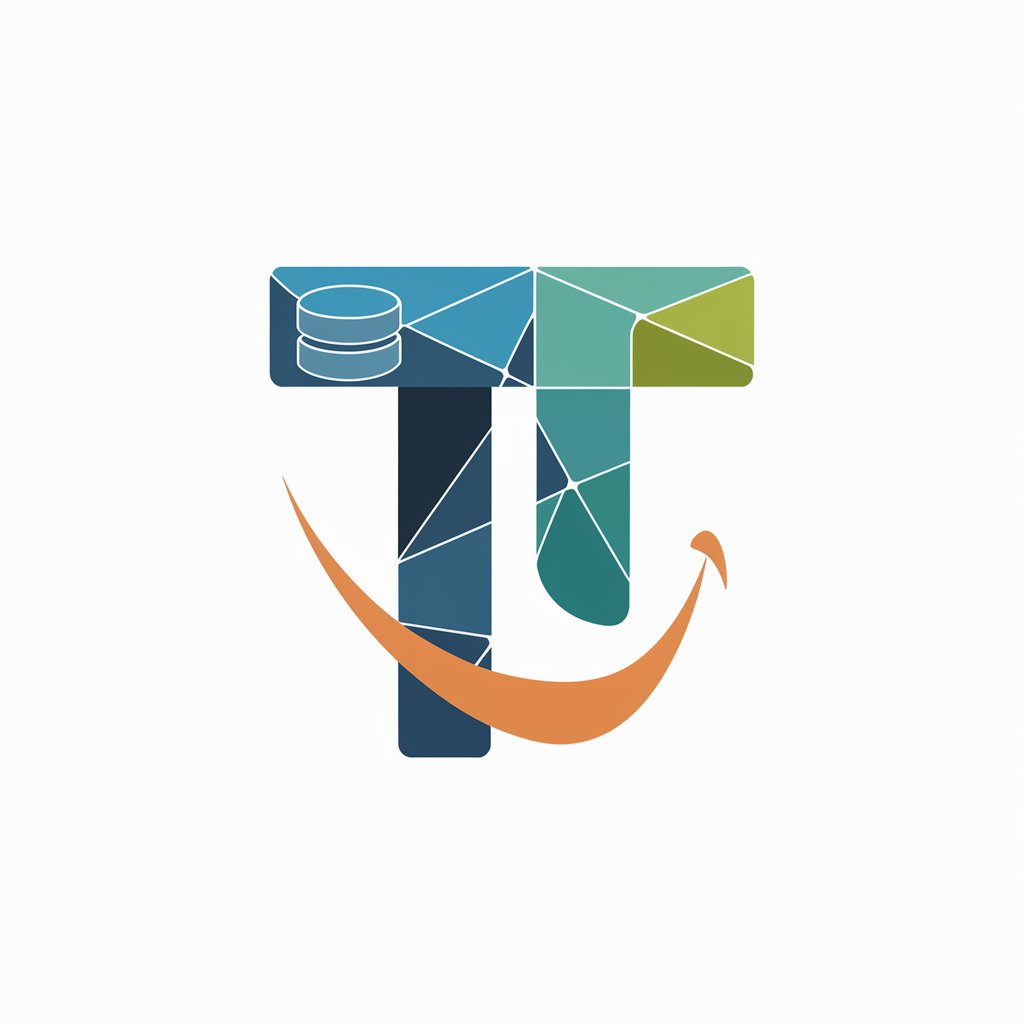
Frequently Asked Questions About Oracle Code Assistant
What is Oracle Code Assistant?
Oracle Code Assistant is an AI-powered tool designed to assist in the development, debugging, and optimization of Oracle APEX applications, SQL, and PL/SQL code. It provides instant solutions and refactors code based on best practices.
How can Oracle Code Assistant improve my code?
By analyzing your code snippets, it suggests optimizations for efficiency, security, and readability, adhering to Oracle's best practices. This includes restructuring queries, enhancing performance, and identifying potential vulnerabilities.
Can Oracle Code Assistant generate code from scratch?
Yes, based on specific criteria like table names, columns, and expected outcomes, it can generate SQL or PL/SQL code, offering a starting point for your projects or tasks.
Is Oracle Code Assistant suitable for beginners?
Absolutely, it serves as an educational tool by providing detailed descriptions of its code optimizations and solutions, thus enhancing learning and understanding of Oracle APEX, SQL, and PL/SQL.
How do I provide feedback on the solutions provided?
Feedback options are integrated within the platform, allowing users to directly communicate their satisfaction with the solutions or to suggest further improvements, fostering a cycle of continuous enhancement.
